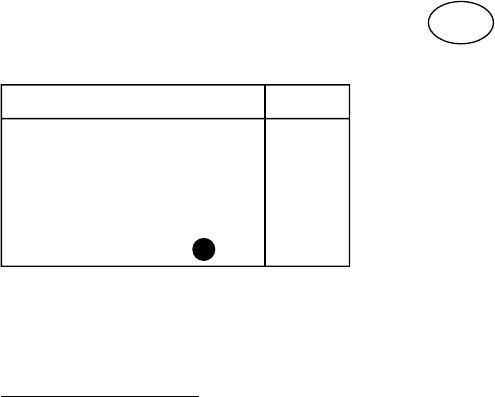
21
Contents of Kit 3981
Collet +
Chuck +
Wrench +
Literature Pack +
Carrying Case +
Accessories (diagram ) 65
General Operating Tips:
SAFETY INSTRUCTIONS
When using electric tools, the following basic safety precautions should always be followed to reduce the risk of
fire, electric shock, and personal injury. Read all these instructions before attempting to operate this product.
Save these instructions.
1. Check voltage indicated on nameplate
2. Keep work area clean. Cluttered areas and benches invite injuries
3. Consider work area environment. Do not expose power tools to rain. Do not use power tools in damp or
wet locations. Keep work area well lit. Do not use power tools in presence of flammable liquids or gasses.
4. Guard against electric shock. Avoid body contact with earthed surfaces (e.g. pipes, radiators, ranges,
refrigerators).
5. Keep children away. Do not let visitors contact tool or cord; they should be kept away from work area.
6. Store idle tools. When not in use, tools should be stored in a dry and locked-up place, out of the reach of
children.
7. Do not force the tool. It will do the job better and safer at the rate for which it was intended.
8. Use the right tool. Do not force small tools or attachments to do the job of a heavy-duty tool. Do not use
tools for purposes not intended (e.g. do not use a circular saw for cutting tree limbs or logs).
9. Dress properly. Do not wear loose clothing or jewelry; they can be caught in moving parts. Rubber gloves
and non-skid footwear are recommended when working outdoors. Wear protective hair covering to contain
long hair.
10. Use safety glasses. Also use face or dust mask, if cutting operation is dusty.
11. Connect dust extraction equipment. If devices are provided for the connection of dust extraction and
collection facilities, ensure these are connected and properly used.
12. Do not abuse the cord. Never carry the tool by the cord, never yank the cord to disconnect it from the socket,
and keep the cord away from heat, oil and sharp edges.
13. Secure work. Use clamps or a vise to hold the work; it is safer than using your hand and it frees both hands to
operate the tool.
14. Do not overreach. Keep proper footing and balance at all times.
15. Maintain tools with care. Keep tools sharp and clean for better and safer performance. Follow instructions
for maintenance and changing accessories. Inspect tool cords and plugs periodically and if damaged, have
them repaired by a qualified person. Inspect extension cords periodically and replace them, if damaged. Keep
handles dry, clean and free from oil and grease.
16. Disconnect tools. Disconnect tool when not in use, before servicing or when changing accessories such as
blades, bits and cutters.
17. Remove tool keys. Form the habit of checking to see that keys and adjusting wrenched are removed from the
tool before turning it on.
18. Avoid unintentional starting. Do not carry a plugged-in tool with a finger on the switch. Be sure the switch is
off when plugging it in.
19. Outdoor use extension cords. When tool is used outdoors, use only extension cords intended for use
outdoors and so marked.
20. Stay alert. Watch what you are doing, use common sense and do not operate tool when you are tired.
21. Check damaged parts. Before you use the tool, always carefully check the guarding and other parts to
determine that they will operate properly and perform their intended functions. Check for alignment of
moving parts, binding of moving parts and breakage of parts. Check for proper mounting of all parts and any
other conditions that may affect their operation. A guard, switch, or other part that is damaged or defective
should be properly repaired or replaced by a qualified person. Do not use tool, if switch does not turn it on
and off.
22. Warning! Use the tool and its accessories in accordance with these safety instructions and in the manner
GB
7
398manual punten_1 10.07.2000 9:24 Uhr Seite 21


















